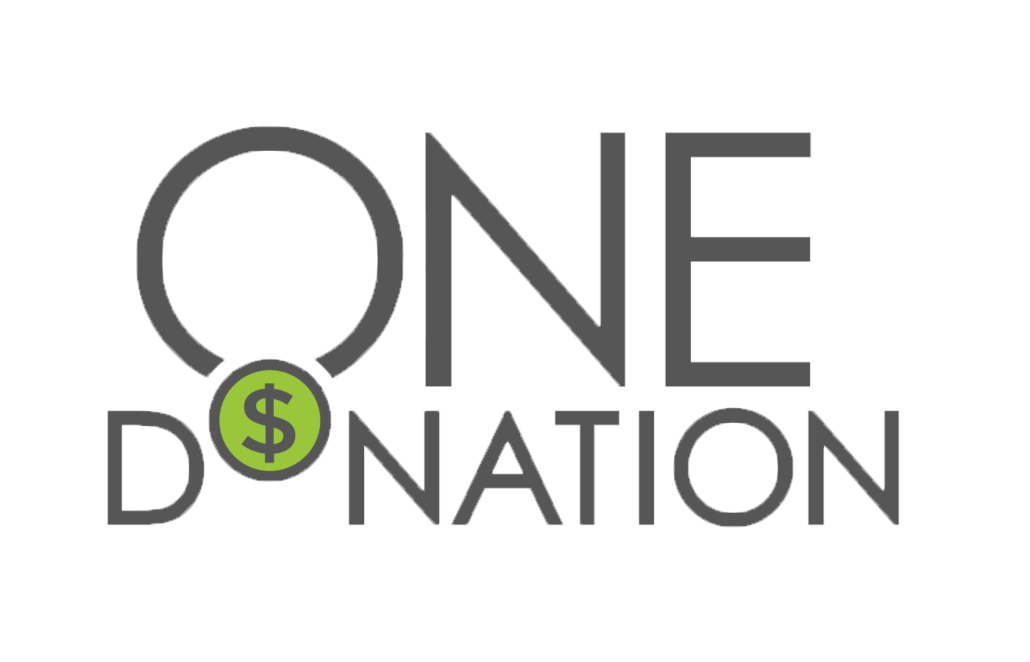Asking the Right Questions
With recent events and ensuing protests, corporate America has taken the hot seat amid claims the entire system is built to perpetuate social inequality. Responses from corporate leadership have varied, but the vast majority have failed to respond to this monumental moment with little more than a tweet, one-time donation, or a company wide statement from the CEO acknowledging the events.

As indicated by nation-wide protests, whatever public statements or momentary gestures of empathy offered by corporate leadership are found to be deeply and urgently lacking. Fortunately, some of the top leaders have humbly stepped forward to claim responsibility that they as chief-executives have failed to do enough.
This rare humility sets a new standard of individual and company-wide introspection, one that may very well spark conversations that affect lasting change throughout the entire nation. As with any unfamiliar subject, we would do well to ease into the conversation, wisely choosing to ask questions before speaking. Questions, after all, are meant to create dialogue.
Here are a few that might serve us well to begin the difficult conversation:
- AM I ASKING FOR THE RIGHT REASONS?
Recall your memories of grade school. When you raised your hand to ask the teacher a question, were you demanding an answer that would fit into your present understanding? Or were you genuinely interested in learning for the sake of expanding your perspective?
The same principle applies in today’s social classroom. It is good and right to ask purposeful questions. But if we are truly engaging in conversation to seek mutual understanding, the way we ask a question - meaning the tone we use and the intent behind the question - is of paramount importance to effective communication.
- HOW AM I ASKING?
Without the pure intention of seeking a mutual understanding, our various motives for asking even the seemingly right questions can be self-sabotaging. To engage in conversation to prove a point or to demand an answer is to negate the purpose of asking a question. In doing so, we actually perpetuate division.
Heated discussions are rarely fruitful. In such situations, it can be difficult to think clearly, much less articulate adequately. But to ask a question peaceably, even in spite of warranted outrage, can serve to keep the conversation open and able to progress in a focussed manner.
- AM I ASKING THE RIGHT PERSON?
Of course, the solution to the horrors of inequality must certainly involve society as a whole, it is up to each individual of all colors to search our own heart for the slightest hints of descrimination, both warranted and unwarranted. We must vehemently guard ourselves against self-righteousness. After all, that is what got us here in the first place.
Before directing our questions outward, it is crucial that we have done due diligence to eliminate both prejudice and ignorance from our own perspective. This shift takes us from the dry desert of accusation to admission, a common and fertile ground from which new life can grow.
*To read more about turning the questions inward, check out ‘I’ Before ‘We’ here.
- AM I ENGAGING IN A MEANINGFUL WAY?
After we’ve appropriately asked ourselves the previous questions, it’s important to really discern the value and degree of our engagement. Say, for example, a chief-executive makes a company-wide statement solely because he/she is looked upon for answers, their statement will likely be petty and flavorless.
But a leader who genuinely cares about the issues at hand and seeks to not only deepen his/her understanding but also create an environment for those whom they serve, that type of authentic leadership will likely see a significant shift in their company’s culture.
Other questions that surface from this introspection might include: “Am I engaging enough?” “Am I over engaging (which goes back to false motives)?” And “Where can I engage more meaningfully?”
Conversations over the dinner table, meaningful as they may be, must eventually move to a more public discussion. Hashtags and online forums serve their place to bring awareness to the issues-at-hand, but they will forever fail to be as fruitful as a gathering of concerned citizens at our local town halls.
Asking these essential questions will lead us to more meaningful and fulfilling discussions that have great potential to move the corporate-wide needle and, in turn, society-at-large.
A FINAL WORD
While the horrors of inequality are undoubtedly urgent, some measure of patience will serve to diffuse the situation rather than perpetuate further disruption. Empathy and compassion dissipate fear and simply cannot happen without peaceable, purposeful and open-ended conversation.
Now is the time for engagement, both individually and corporately, asking questions that create space for dialogue which leads to empathy, unity, and ultimately healing.
